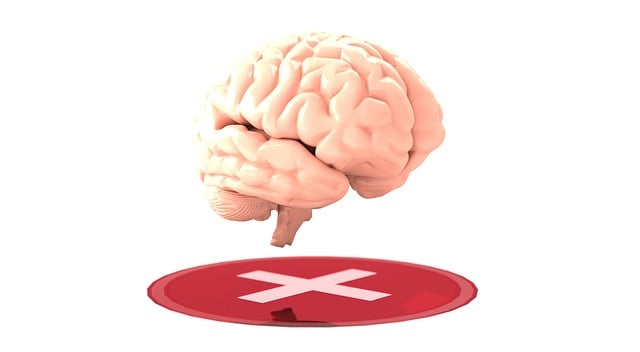Children facing cancer issues experience significant stress and anxiety that can affect their physical and behavioral well-being. Specialized therapy sessions, including Cognitive Behavioral Therapy (CBT) and Mindfulness-Based Stress Reduction (MBSR), equip these children with coping skills, emotional regulation techniques, and depression prevention strategies tailored to their unique needs. Community outreach programs implementing these therapies have shown positive impacts on mental health, emotional resilience, and healthier relationships. Teaching relaxation techniques and mindfulness exercises through age-appropriate activities and public awareness campaigns normalizes healthy coping strategies, supporting the overall well-being and recovery process for children facing cancer issues.
Stress management is a vital aspect of supporting children facing cancer issues. This article explores effective strategies to help young patients navigate challenging circumstances. We delve into understanding the unique stress responses of children with cancer, examining various therapy approaches tailored to their needs. Furthermore, practical relaxation techniques are presented, offering valuable tools for healthcare professionals and caregivers to teach and implement, fostering resilience and promoting well-being among these courageous kids.
- Understanding Stress in Children with Cancer Issues
- Effective Therapy Approaches for Stress Management
- Practical Strategies for Teaching and Implementing Relaxation Techniques
Understanding Stress in Children with Cancer Issues

Stress is a prevalent concern among children facing cancer issues, as they navigate a challenging and often confusing journey. Understanding and addressing this stress is crucial for their overall well-being and recovery process. Young patients may experience anxiety, fear, and emotional turmoil due to their diagnosis, treatment plans, and the uncertainty that comes with it.
Cancer-related stress can manifest in various ways, from physical symptoms like fatigue and headaches to behavioral changes, such as irritability or withdrawal. Therapy for children with cancer issues plays a pivotal role in helping them cope. Through specialized therapy sessions, these young individuals can learn effective coping skills development, emotional regulation techniques, and depression prevention strategies tailored to their unique needs.
Effective Therapy Approaches for Stress Management

Effective therapy approaches play a pivotal role in managing stress, especially for individuals grappling with challenging life circumstances, such as children facing cancer issues. Cognitive Behavioral Therapy (CBT) has proven to be a powerful tool in this context. CBT helps patients identify and challenge negative thought patterns and behaviors contributing to their stress and anxiety. By replacing these with healthier coping mechanisms, children can learn to manage their emotions more effectively, leading to improved well-being.
Additionally, Mindfulness-Based Stress Reduction (MBSR) is another evidence-based therapy gaining traction for its ability to enhance resilience. This approach encourages individuals to focus on the present moment, cultivating awareness without judgment. For children with cancer and their families, MBSR can offer much-needed relief from anxiety and stress through relaxation techniques, meditation, and breathing exercises. Community outreach programs implementing these therapies have shown promising results in fostering mental health and emotional well-being among affected populations. Furthermore, conflict resolution techniques learned through therapy can help individuals navigate challenging interactions, promoting healthier relationships and overall stress reduction.
Practical Strategies for Teaching and Implementing Relaxation Techniques

Teaching relaxation techniques is a powerful tool for empowering individuals, especially those facing challenging circumstances like cancer issues. When tailored for children, these strategies can offer much-needed coping mechanisms and promote resilience. One practical approach involves incorporating mindfulness exercises into their daily routines. Simple breathing exercises, guided imagery, or short meditation sessions can help children cultivate present-moment awareness and learn to regulate their emotions effectively.
For instance, a self-care routine development program can be designed to include age-appropriate relaxation activities. This could be as simple as encouraging kids to keep a journal where they write down their feelings or draw pictures to express their emotions. Public awareness campaigns that highlight the importance of emotional intelligence and healthy coping strategies can also be beneficial in normalizing these practices, ensuring children feel supported in their mental health development journey, even when facing severe illnesses like cancer.
Stress management techniques teaching is a vital tool in supporting children facing cancer issues. By understanding their unique stress responses, therapists can employ effective therapy approaches such as cognitive-behavioral therapy and mindfulness practices. Practical strategies, including guided imagery and progressive muscle relaxation, empower both children and caregivers to navigate stressful situations. Implementing these techniques fosters resilience and enhances overall well-being, ultimately improving the quality of life for those navigating cancer care.











